Window Replacement
Window Replacement
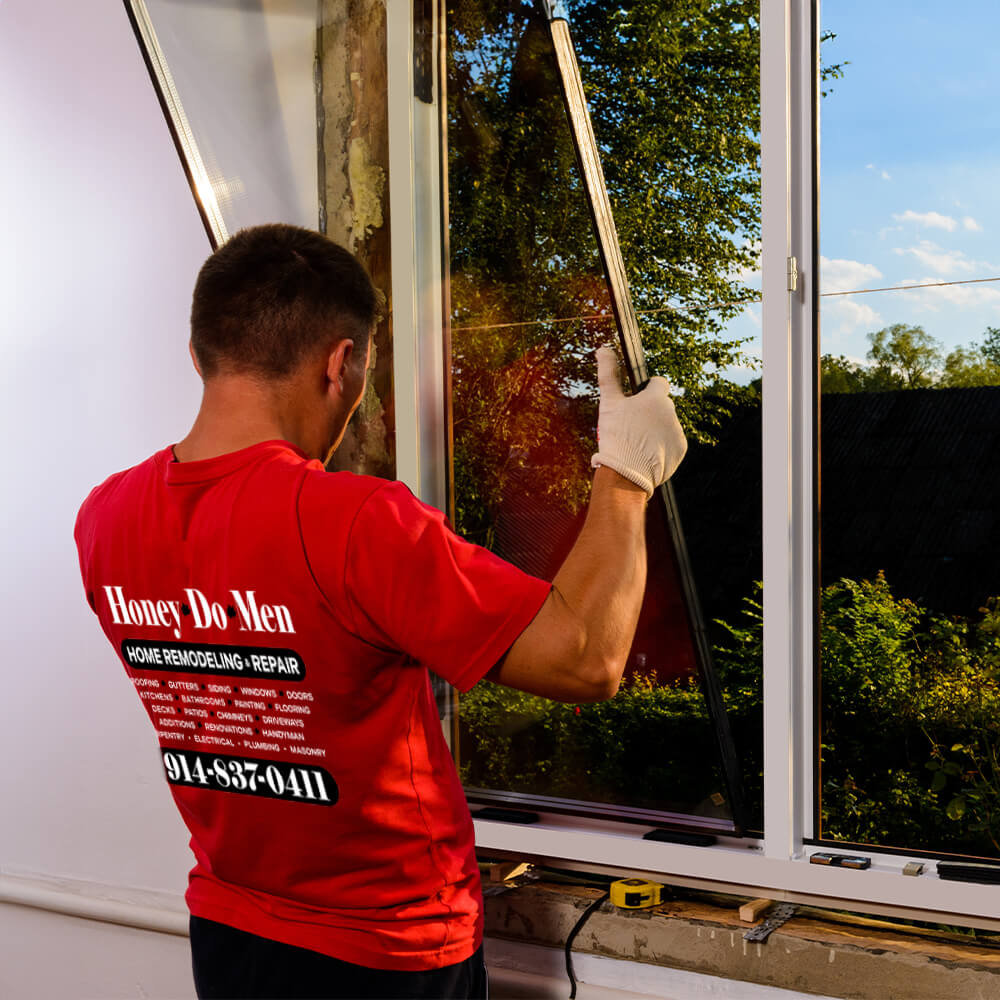
Your windows endure continuous exposure to the elements. Did you realize that your home's windows play a vital role in insulating your living space? Windows directly affect insulation as they represent openings in the structure of your home.
One of the most common concerns for many homeowners is trying to figure out when it’s time to replace the windows for their home. In fact, many homeowners have no idea how old their windows are. Regardless of how old the windows in your home are, issues can pop up at any time.
If your home is starting to feel colder in the winter and warmer in the summer, you notice persistent drafts, or if your windows feel cold to the touch in cooler weather, it may be time to replace your windows.
Get A QuoteCommon indicators that it may be time to replace your windows include, but are not limited to:
- One or more of your windows have become difficult to open or close (especially windows with wood frames.)
- You can hear the wind whistling.
- Noise (older windows don’t offer a lot of sound insulation while modern windows are made to absorb sound.)
- Improper installation (many unqualified contractors use incorrect measurements or install a window not made for the particular opening or a window of subpar quality, which eventually results in the infiltration of wind, pests and water.)
- Condensation/moisture accumulation on the inside of a window (especially if you notice moisture pooling on the windowsill.)
- You feel drafts (cold or warm air coming in around the window frame.)
- Light can be seen through gaps in the window frame.
- Decaying window frames (exposure to moisture can result in rot and in some cases, the growth of mold.)
- The unique seals securing double panes tend to harden and develop cracks over time, a consequence of the frame expanding and contracting due to temperature fluctuations
- Your energy consumption has increased.
Reducing The Amount Of Air That Can Leak Into Or Out Of Your Home Is A Great Way To Lower Your Monthly Heating And Cooling Costs And Can Increase Your Home’s Comfort
There are many factors that impact a window’s insulation properties:
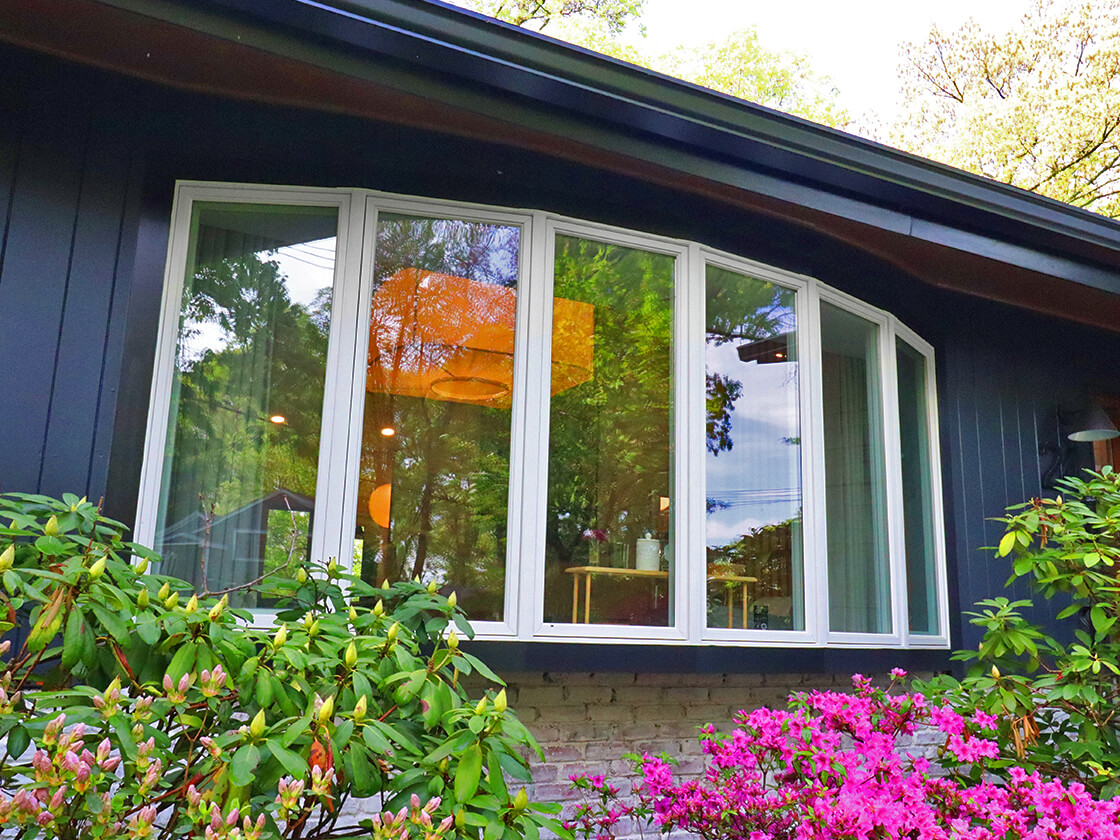
Window Frame Material
The materials of a window frame play an important role in its insulation properties. For example, vinyl frames offer better insulating properties versus wood, which can rot over time, especially if exposed to moisture. In addition, the wood can warp, due to fluctuations in temperature which can also make the window harder to open and close.
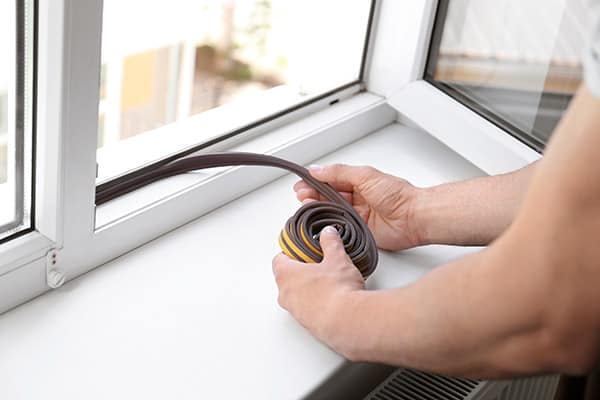
Seals/Weatherstripping
When windows are properly sealed, they prevent air leakage which helps to insulate. Weatherstripping enhances the sealing because it seals off any gaps between the window and the frame
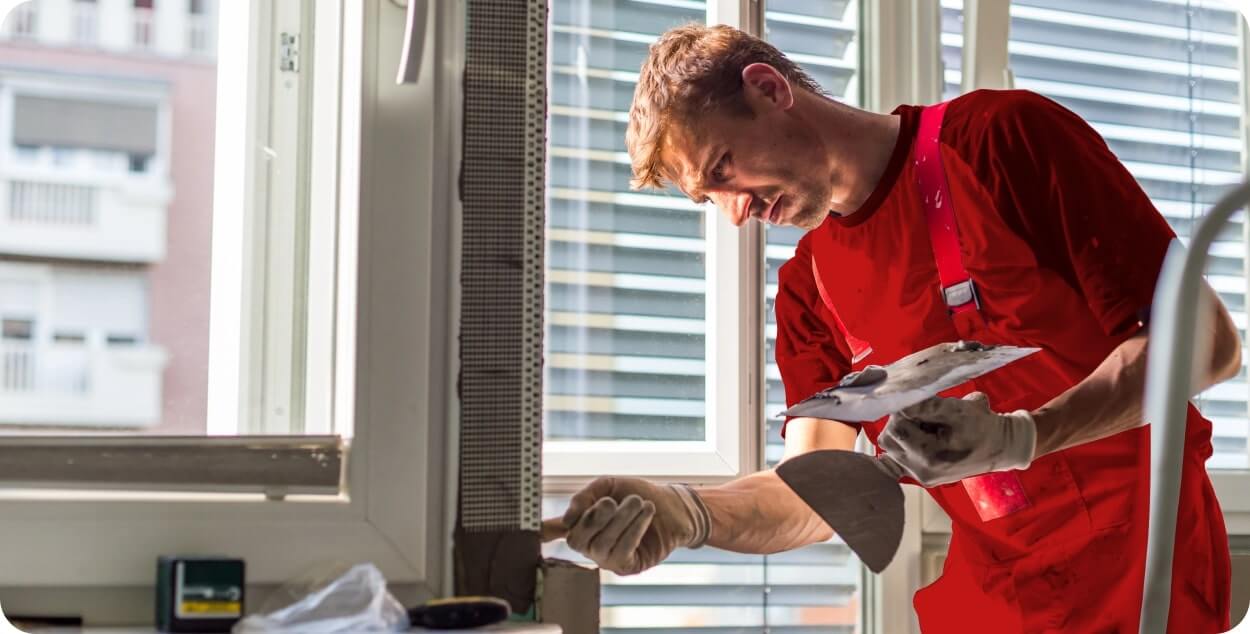
Window Coatings
Windows with ‘low-E’ (low-emissivity) improve insulation because they reflect heat radiation. This reduces the need for additional heat because the heat is not able to escape the home.
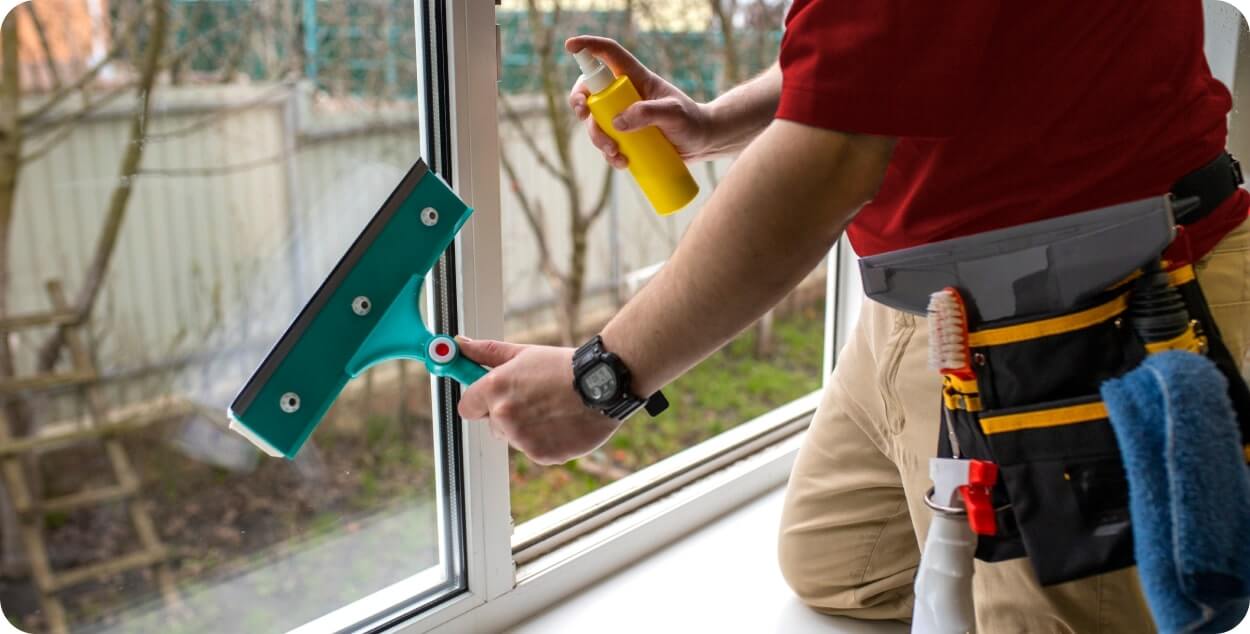
Glass
The insulating properties of a window are significantly influenced by the type of glass used. For instance, single-glazed/paned windows are less effective at insulation compared to double or triple-glazed/paned windows because they lack the capacity to incorporate an air layer between the glass sheets. This air layer serves as an additional barrier to heat transfer.
Double Or Triple Glazed/Paned Windows With Low-E Coatings Can Reduce Heat Loss By 70% Versus Single Pane Windows.
Implementing the following tips to seal air leaks and enhance insulation can contribute to reducing heat flow through your home, but it's important to note that these are not long-term solutions and won't yield the same results as having your windows replaced and installed by a licensed professional such as Honey Do Men:
- Replace single glazed/paned windows with more efficient double or triple glazed/paned, low-E windows.
- If you notice discoloration on your ceiling paint and carpets, it may indicate air leaks on wall/ceiling joints or wall/floor joints.
- Caulk and weatherstrip any doors and windows that leak air.
- Replace your exterior door thresholds with ones that have pliable sealing gaskets.
- Use foam sealant on gaps around baseboards, windows or anywhere air can leak out
- Have foam gaskets installed behind outlets and switch plates.
- When your fireplace is not in use, make sure the flue damper is closed tightly.
- Caulk and seal air leaks where plumbing, electrical wiring or ducting comes through walls, ceilings, floors and soffits over cabinets.
In short, if it’s time to replace your windows, the investment will likely result in big savings on your monthly energy bill.
Depending on the type of window (and proper installation), a window will typically last 20-50 years. While many economy windows come with lifetime warranties, they are of lower quality because they are mass produced in standard sizes.
